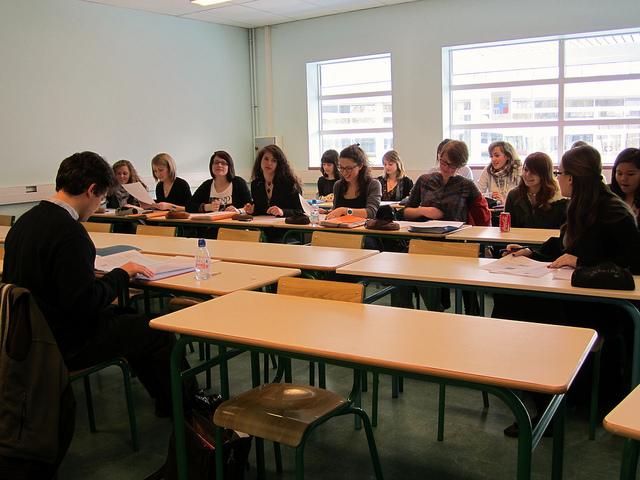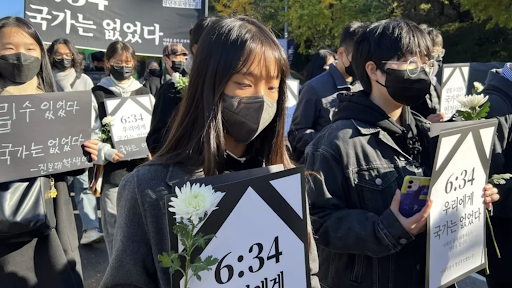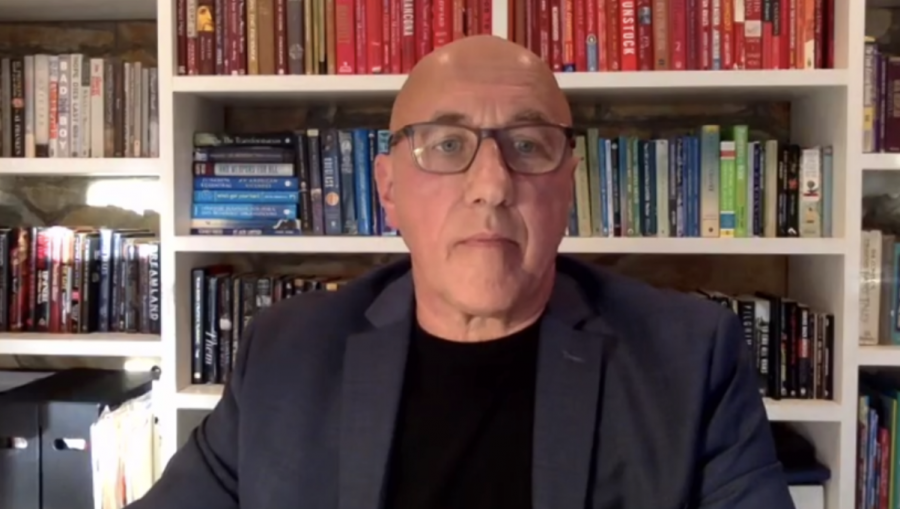A university student from the United Kingdom sparked debate with his claim that he doesn’t need to participate in consent classes because “he doesn’t need to be taught to not be a rapist.”
The issue began when University of Warwick student George Lawlor was invited to participate in a consent class, which he claims is the “biggest insult [he’s] received in a good few years.” Consent classes have been introduced at many universities in the U.K., and Lawlor’s outburst has attracted attention from other students who are also rebelling against the new classes on the grounds that it is “a waste of time.” Lawlor also says that consent classes “[imply that] I have an insufficient understanding of what does and does not constitute consent and that’s incredibly hurtful. Next time you consider inviting me or anyone else to another…event like this, have a little respect for the intelligence and decency of your peers.”
Many other individuals have spoken out in opposition to Lawlor’s claims. They support that consent is an important topic that needs to be more thoroughly understood and practiced, among university students in particular.
Alexandra Schlener, co-president of Loyola’s Take Back the Night club, an organization on campus to raise awareness and support for survivors of sexual assault, supports the institution of consent classes at universities. “The importance of education about consent is something that is easily overlooked by many people,” said Schlener. “We all think we know more than we do about sexual assault….Every 107 seconds an American is sexually assaulted. Despite how common it is, it is still something that most people don’t completely understand.”
Co-president of Take Back the Night, Emily Brookshire, agrees, saying, “I find this…alarming in the sense that there is no ‘look’ to a survivor, just like there is no ‘look’ to a rapist. In this world, there are people who survive violent crime and people who perpetrate them. We could, due to the universal nature of sexual assault, gain from learning more about consent, positive masculinity, personal power-based violence and healthy relationships.”
Nessa Dinneen, a 20-year-old University of Limerick student posted a blog response to Lawlor’s claims, stating, “people who get insulted by being asked to attend a consent course feel a need to speak out about it and exclaim that they’re certainly not rapists and know full well what consent is. These men seem more concerned with protecting their pride than they do preventing sexual assault.”
Consent laws in the U.S. have been changed over the past few years from the previous understanding, “no means no,” to the new rule, “yes means yes.” California was the first state in 2014 to adopt the affirmative consent campaign, which states that affirmative, concrete consent must be given before any form of sexual activity is engaged in. The new law makes clear that anything less than a firm and enthusiastic “yes,” including non-response and intoxication, does not constitute consent.
Regarding consent, Schlener says, “Even as a survivor and as co-president of Take Back the Night, I am continuously learning new things about it myself….People don’t like to talk about it. But it needs to be talked about in order for people to begin to understand it. Consent is not cut and dry. Just because someone doesn’t say no, that doesn’t mean they say yes.”
“Rapists can be anyone at all—they could be the sweetheart who was buying you drinks at the bar, the academic achiever who you have three classes with, your neighbor, your boyfriend, your girlfriend, your ex, anyone,” Schlener said. Schlener explains that while students may not jump at the chance to participate in consent classes, they may possess the ability to prevent devastating, life-altering events.
Original article about the George Lawlor’s comments can be found here.















































































































